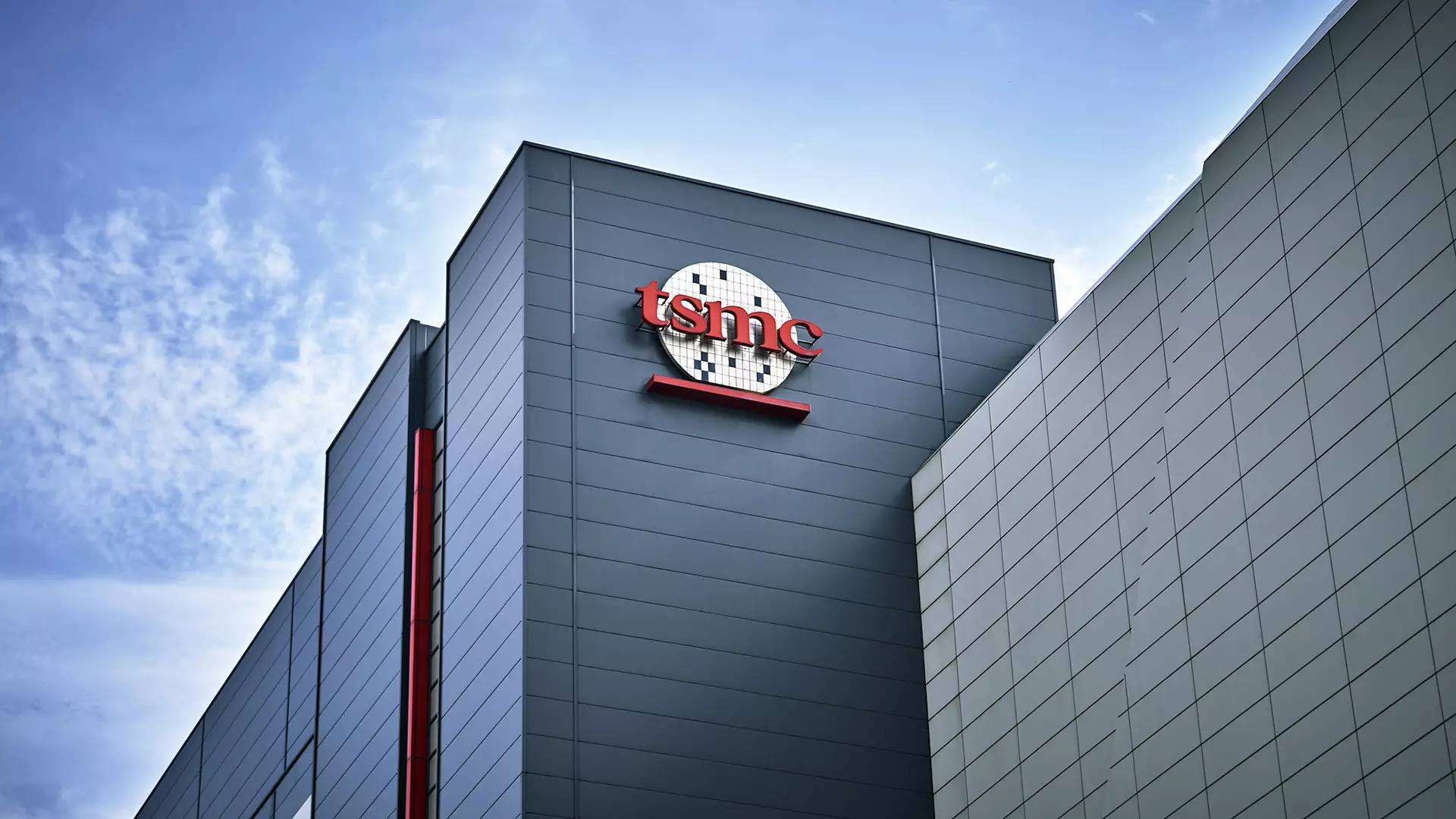In the rapidly advancing world of semiconductor manufacturing, the integrity of proprietary technology is not just a matter of corporate pride but a national security issue. TSMC, regarded as the backbone of global chip production, exemplifies this reality—its innovations are as vital to technological progress as they are to economic stability in Taiwan and beyond. When allegations of IP theft surface involving TSMC’s confidential process advancements, such as the upcoming N2 node, the implications extend far beyond individual misconduct. The Taiwanese government’s swift response underscores the gravity of protecting intellectual property that could reshape the competitive landscape of global tech industries.
These incidents expose an often overlooked but critical facet of industry rivalry—state-sponsored espionage and corporate theft. Semiconductor processes hold immense strategic value; even minor leakages can grant competitors a rapid leap in performance, cost efficiency, and market dominance. The stakes are so high that theft of TSMC’s process secrets provokes not just corporate lawsuits but also criminal investigations under national security laws. The severity of penalties—up to 12 years in prison and millions in fines—demonstrates a paradigm shift in safeguarding industry frontier technologies. Here, technology theft is no longer viewed as a mere business breach, but an act that endangers national sovereignty.
Why TSMC’s Case Is a Turning Point
The arrest of multiple employees—former and current—points to a sophisticated, organized effort to siphon essential process data. This isn’t petty theft; it’s an attack aimed at undermining a major pillar of Taiwan’s economy and global technological leadership. TSMC’s significance is monumental: it accounts for around 8% of Taiwan’s GDP, dominates nearly 70% of the global foundry market, and forms the backbone of the supply chains for industry giants like Apple, AMD, Nvidia, and Intel.
Such a dominant position makes TSMC a prime target for both internal malfeasance and external sabotage. The motive behind such theft can be multifaceted: profit-driven sellers, rogue nations seeking technological independence, or corporate rivals eager to leapfrog ahead. The recent incidents involving access to highly sensitive design files related to the N2 process node highlight how minor breaches can have ripple effects into geopolitical arenas. The Taiwanese authorities’ rapid intervention signals a recognition that these threats are not isolated incidents but symptoms of larger geopolitical struggles—where technology is weaponized for economic supremacy.
The Strategic Importance of Process Innovation
On a technical level, the N2 process node represents a significant step forward for TSMC, promising improvements in power efficiency and SRAM density—features that are crucial for next-generation processors powering everything from smartphones to supercomputers. For major clients like AMD, Nvidia, and Apple, cutting edge process technology translates into better performance, lower power consumption, and market leadership.
The race to develop and secure such process nodes is relentless. Companies invest billions into research, but the potential for theft poses a serious threat to innovation pipelines. When confidential information falls into the wrong hands, the entire ecosystem is compromised. That could mean losing the competitive edge, diminishing returns on R&D investments, and fueling a cycle of covert sabotage.
Furthermore, as transistor densities inch closer to physical limits, incremental improvements in process technology become the primary means to sustain performance growth. The theft of these innovations doesn’t just threaten corporate profit; it jeopardizes entire industries’ future growth trajectories. Therefore, the stakes are not only financial but profoundly strategic.
Beyond Corporate Security: A Broader Geopolitical Battle
This incident also raises the question of how technology is increasingly intertwined with national identity and sovereignty. Taiwan’s role as an industrial and technological powerhouse puts it at the center of a global chessboard of influence. The Taiwanese government’s aggressive response to these theft allegations reflects an understanding that protecting TSMC’s IP is synonymous with safeguarding national security.
In the broader context, this underscores a post-pandemic reality where technological dominance is a key battleground—one that involves not only companies but also governments. The line between economic espionage and state-sponsored cyber-operations is becoming blurred as nations vie for technological supremacy. For Taiwan, defending its crown jewel isn’t merely an issue of economic interest but a matter of geopolitical importance.
The case involving TSMC’s alleged IP theft is more than a headline about corporate misconduct. It’s a stark reminder of the high-stakes game being played behind the scenes—where technology is the ultimate weapon, and integrity is the only true armor. As industry giants continue to push the boundaries of innovation, the battle to secure and protect that innovation becomes the defining challenge of our era.

